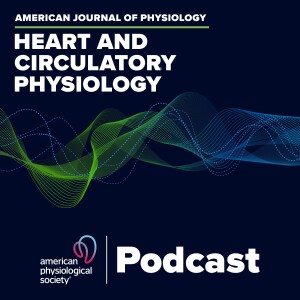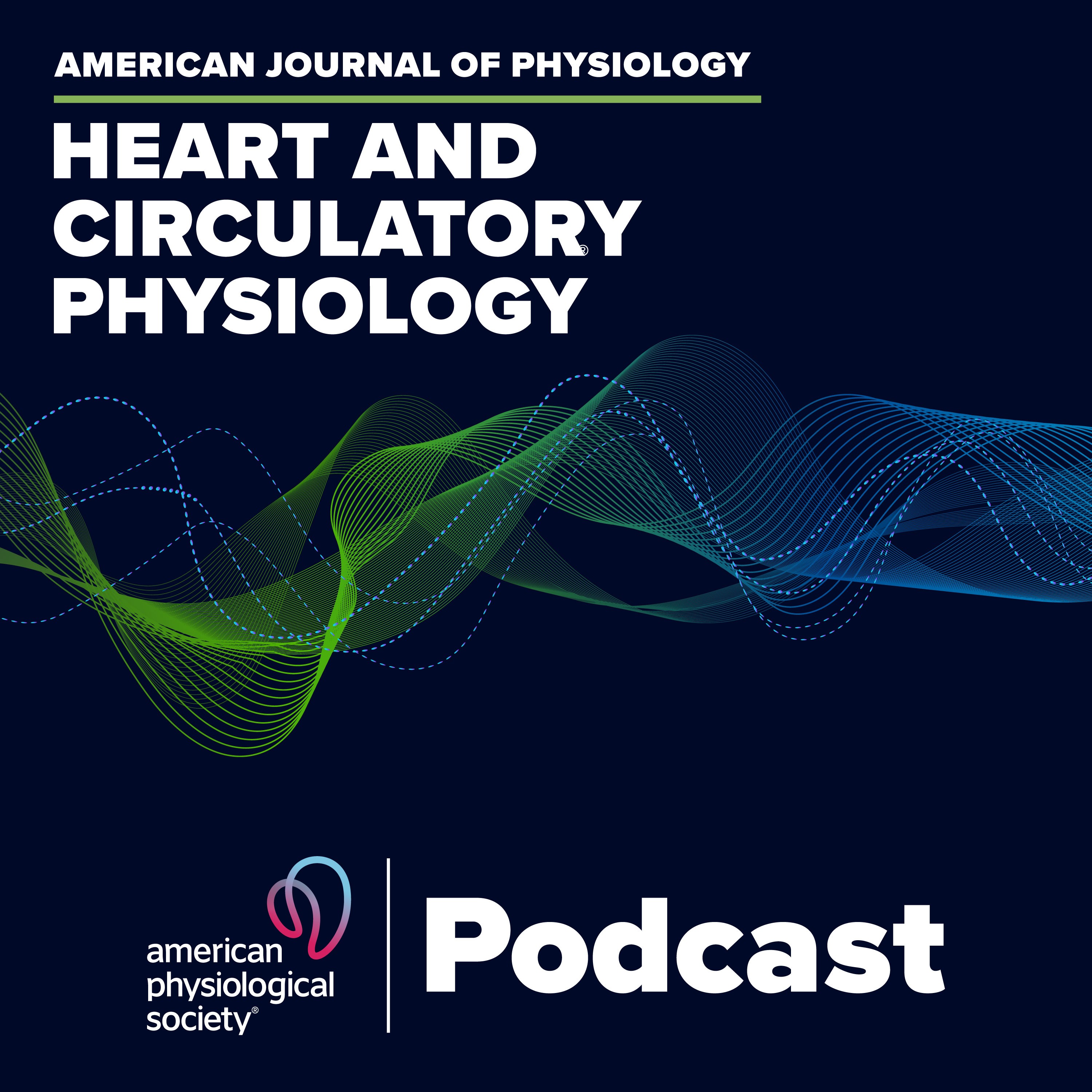Episodes

Tuesday Aug 02, 2022
Daylight Saving Time and Cardiovascular Risk
Tuesday Aug 02, 2022
Tuesday Aug 02, 2022
Is it bad for our cardiovascular health to “spring forward” into Daylight Saving Time? On March 15, 2022, the U.S. Senate passed the Sunshine Protection Act, which aims to make Daylight Saving Time permanent and eliminate bi-annual seasonal clock changes in the spring and fall. In this episode, Consulting Editor Dr. Austin Robinson (Auburn University) interviews lead author and Associate Editor Dr. Jason Carter (Montana State University) and expert Dr. Josiane Broussard (Colorado State University) about a Perspective by Carter et al. which unpacks the negative impacts on overall cardiovascular health, as well as the increased risks of adverse cardiovascular events associated with changing our clocks between Standard Time and Daylight Saving Time. While the proposed Sunshine Protection Act legislation appears to offer a solution—instituting Daylight Saving Time as the permanent time – both the American Academy of Sleep Medicine and the Society for Research on Biological Rhythms argue that the healthier choice is Standard Time. Studies have shown that the shift to Daylight Saving Time results in increased incidence of myocardial infarction, stroke, and hospital admissions attributed to atrial fibrillation. In addition, the decrease in morning light with Daylight Saving Time has potential adverse effects on mental health, because morning sunshine plays a critical role in synchronizing our internal clocks to avoid circadian misalignment. Could shifting 30 minutes rather than 60 minutes be a reasonable compromise? Listen now to find out.
Jason R. Carter, Kristen L. Knutson, Babak Mokhlesi Taking to “heart” the proposed legislation for permanent daylight saving time Am J Physiol Heart Circ Physiol, published June 13, 2022. DOI: doi.org/10.1152/ajpheart.00218.2022


No comments yet. Be the first to say something!